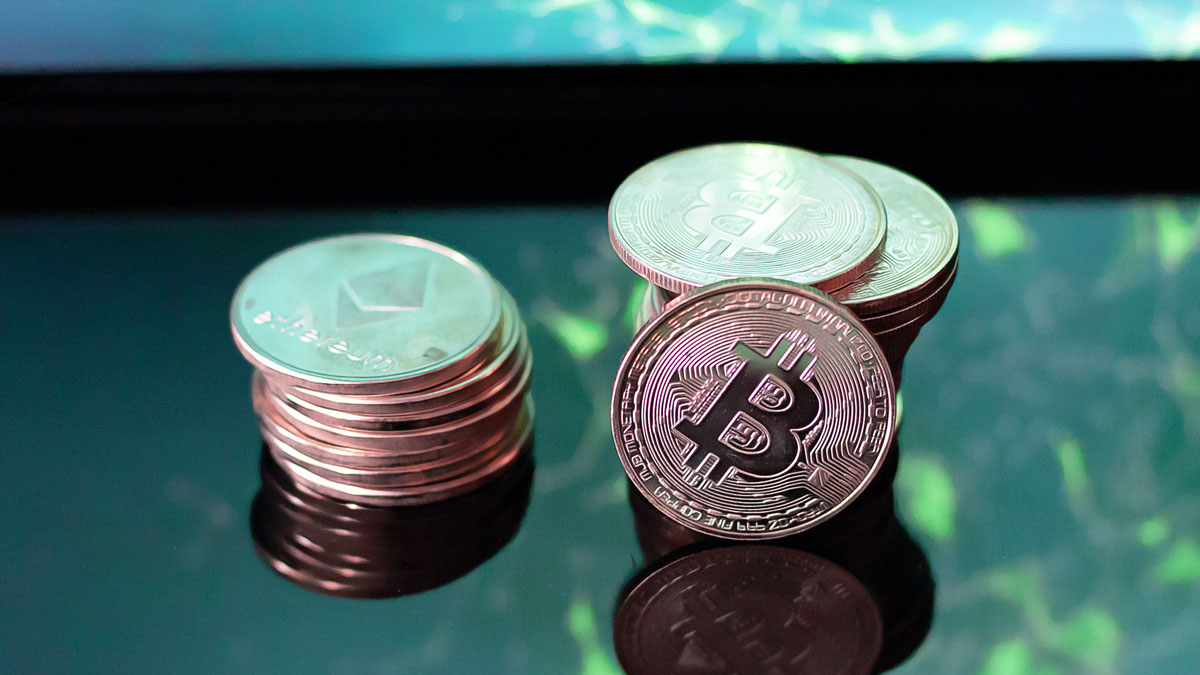In a recent discussion, Michael Saylor, CEO of MicroStrategy, underscored the necessity for the United States to build a strategic reserve of Bitcoin. Speaking with CNBC, Saylor proposed that acquiring one million Bitcoins over the next five years could potentially slash the national debt by an astonishing $16 trillion, which equates to more than 45% of the current total.
How Can Bitcoin Reserves Affect National Debt?
Saylor is optimistic about the U.S. establishing a Bitcoin reserve soon. He referenced comments made by former President Donald Trump during the Bitcoin 2024 conference, suggesting the government could aim to hold 200,000 Bitcoins as reserves.
What Legislative Moves Are Being Made?
Senator Cynthia Lummis has introduced legislation aimed at enhancing digital asset reserves. She has also put forth a plan for the U.S. to amass one million Bitcoins within five years, proposing that the Federal Reserve could sell some of its gold reserves to fund this initiative.
The implications of Saylor’s recommendations are significant:
- A potential $16 trillion reduction in national debt.
- Bitcoin as a crucial hedge against the U.S. dollar.
- Historical precedents of strategic asset acquisitions yielding substantial returns.
Saylor believes that embracing Bitcoin as a strategic asset can provide the U.S. with substantial opportunities to mitigate its national debt while ensuring economic stability. However, the realization of such ambitious digital asset acquisitions may hinge on prevailing economic and political dynamics.












